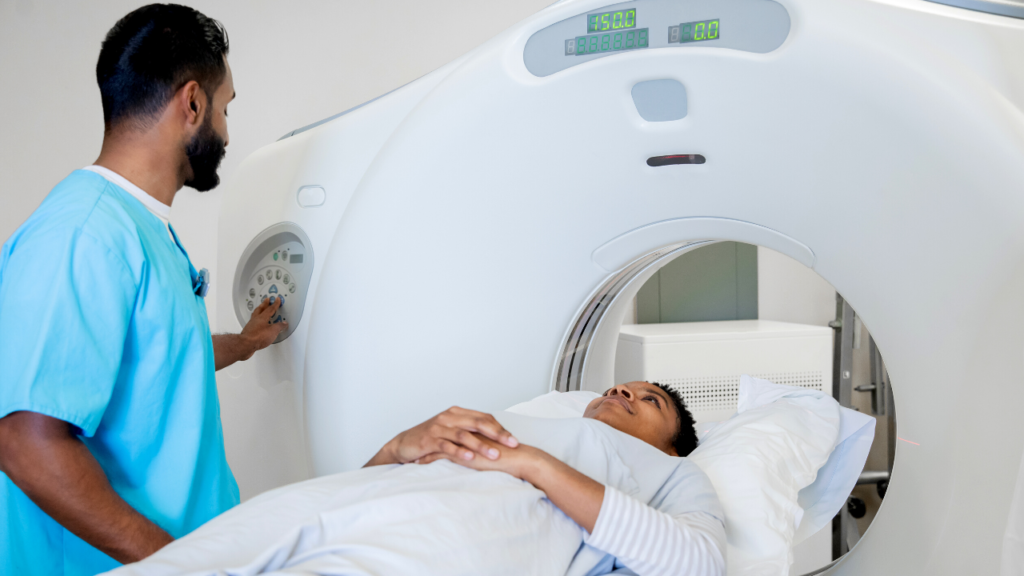The diagnosis itself can be overwhelming and confusing, leaving patients feeling scared and unsure of what to do next. However, understanding your cancer diagnosis is critical to ensuring the best possible outcome. This handbook aims to provide patients with an overview of the cancer diagnosis process, the different types of cancer, and the treatment options available.
Understanding Cancer Diagnosis
Cancer is a disease that is characterized by the uncontrolled growth of abnormal cells. It can develop in any body part and can be life-threatening if left untreated. Early detection and diagnosis are critical to ensuring the best possible outcome. Types of cancer include lung cancer, breast cancer, prostate cancer, and colon cancer, among others. Each type of cancer has its own characteristics and requires specific treatment.
Cancer Diagnosis Process
The cancer diagnosis process involves several steps, including medical history, physical examination, and diagnostic tests and procedures. These tests may include blood tests, imaging tests like CT scans and MRIs, and biopsies. Seeking a second opinion from another healthcare professional is essential to confirm the diagnosis and ensure that the best treatment options are explored.
Treatment Options
The type and stage of cancer are significant factors in determining the appropriate treatment options. The treatment plan will be tailored to the individual patient’s needs, and may include a combination of surgery, chemotherapy, radiation therapy, or other treatment modalities. It is crucial to have a thorough understanding of the potential benefits and risks of each treatment option, and to discuss them with your healthcare team to make an informed decision.
Lung Cancer Treatment in Noida
If you are in Noida and have been diagnosed with lung cancer, it is essential to seek the help of the best oncologist in Noida. They will guide you through the diagnosis and treatment process and help you understand the benefits and risks of each treatment option. In addition, they will work with you in developing a personalized treatment plan that considers your overall health, the stage of cancer, and other individual factors.
Coping with a Cancer Diagnosis
A cancer diagnosis can have a major emotional impact on patients and their loved ones. Coping with the diagnosis and treatment process can be challenging, but coping strategies and resources are available to help.
The most important thing to remember when coping with a cancer diagnosis is to seek support from loved ones and healthcare professionals. Support can come in many forms, such as emotional, practical, or informational. Emotional support may include talking to friends and family, joining support groups, or seeking counseling. Practical support may include help with household chores, transportation, or other daily tasks. Informational support may include learning more about the disease and treatment options, seeking a second opinion, or researching clinical trials.
Another essential aspect of coping with a cancer diagnosis is self-care. Patients should focus on caring for their physical and emotional needs during treatment. This means exercising regularly, eating a healthy diet, and getting enough rest. Exercise has been shown to improve physical functioning, reduce fatigue, and improve mood in cancer patients. Additionally, patients may find it helpful to practice relaxation techniques such as deep breathing, meditation, or yoga to reduce stress and anxiety.
Communicating openly with your healthcare team and asking questions about your diagnosis and treatment is also critical. You have the right to be fully informed about your healthcare decisions, and your healthcare team should be available to answer any questions you may have. By working with your healthcare team, you can develop a personalized treatment plan that considers your unique needs and preferences.
In addition to seeking help and support, staying positive and maintaining hope during treatment is crucial. This can be challenging, but many cancer survivors find that having a positive outlook helps them cope with the emotional challenges of cancer. Patients may find it helpful to set small goals for themselves, such as walking or spending time with friends and family. Celebrating these small victories can help build confidence and maintain a positive outlook.
Finally, patients should remember that asking for help and taking time for themselves during treatment is okay. Cancer treatment can be emotionally and physically exhausting, and patients should not hesitate to take breaks or seek additional support.
Conclusion
In conclusion, understanding your cancer diagnosis is crucial to ensuring the best possible outcome. The cancer diagnosis process can be overwhelming, but seeking help and support can make a significant difference. If you are in Noida and have been diagnosed with lung cancer, seeking the help of the best oncologist in Noida for lung cancer treatment in Noida is critical to developing a personalized treatment plan and achieving the best possible outcome.

Comments are closed.